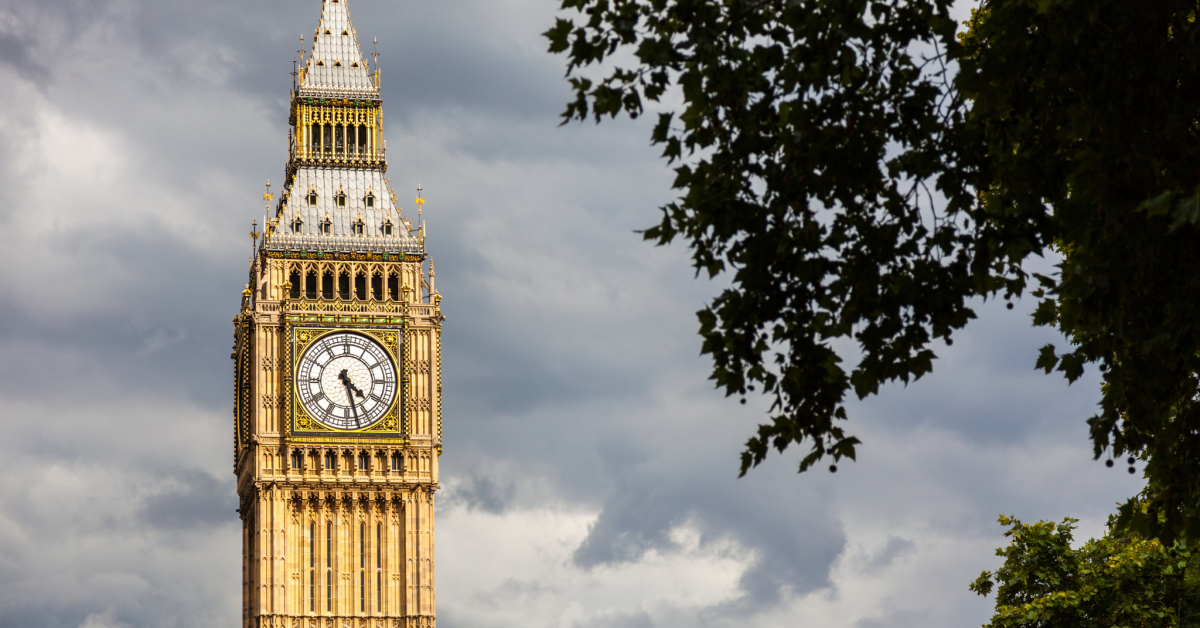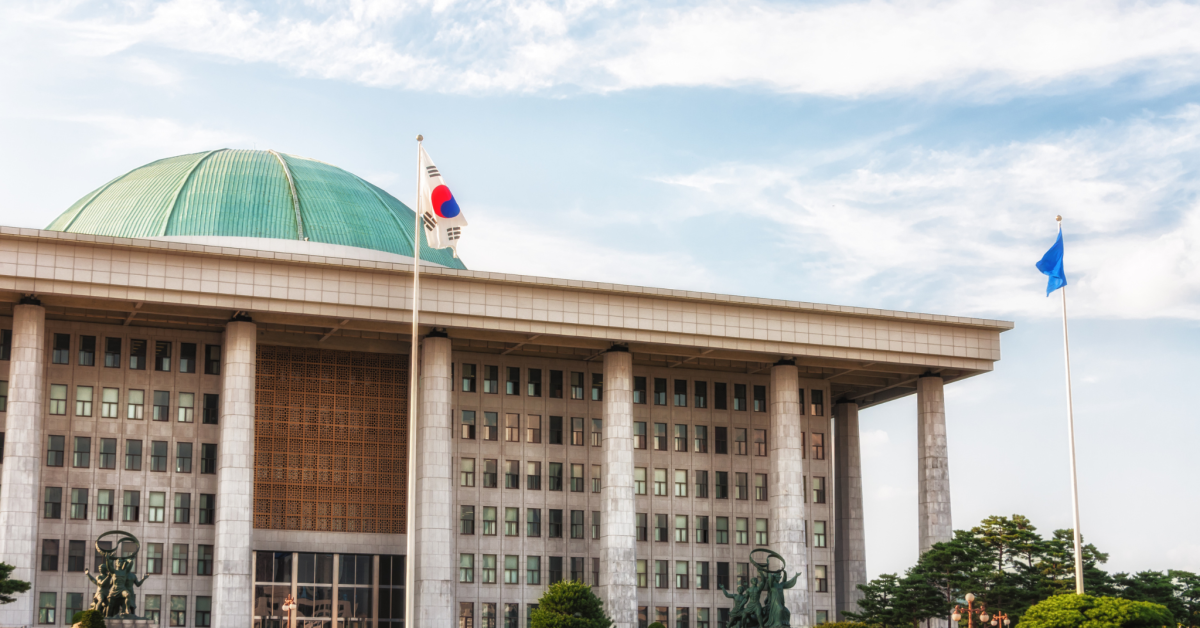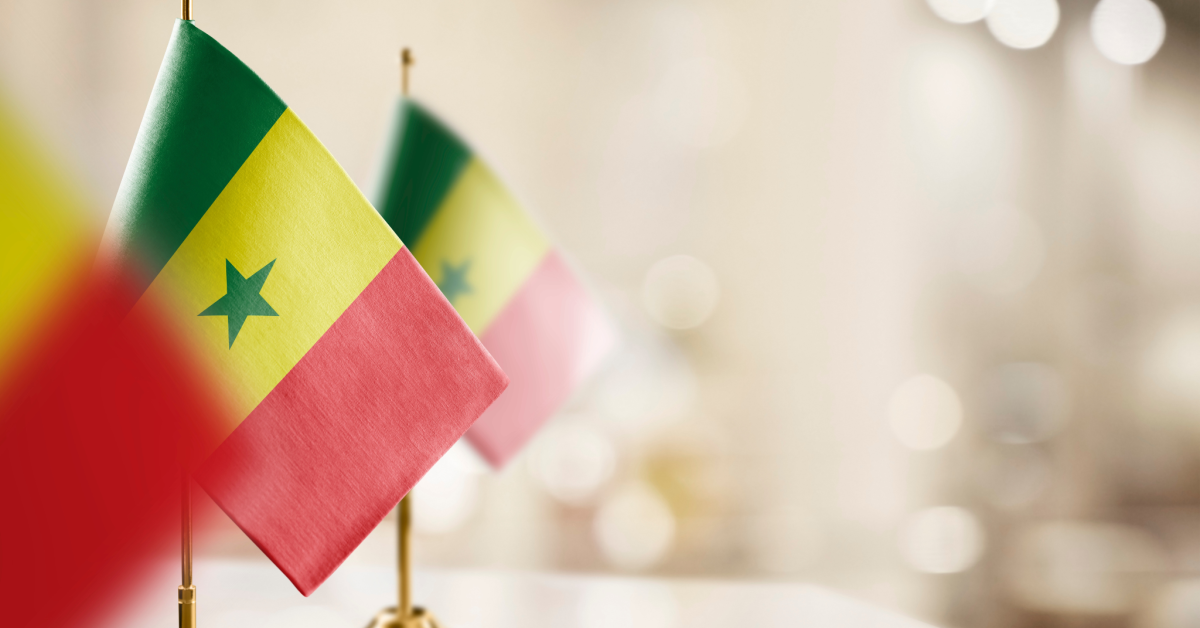2024 Presidential Elections in Venezuela
At a Glance
- Venezuela held a highly anticipated presidential election on Sunday, July 28. President Nicolás Maduro, who did not allow election observers, claimed a 51.2% win, with results that have been widely disputed by the international community.
- This pivotal moment comes after years of the opposition’s efforts to restore democracy in Venezuela and reject Maduro’s regime. Maduro’s results were immediately contested by Edmundo González and María Corina Machado, the opposition candidate and opposition leader, declaring a victory for González and citing the voting records they’d been able to obtain.
- Venezuelans have taken to the streets in protest, and the Maduro regime is expected to intensify its repression against those who oppose it. The outcome of the election is likely to worsen Venezuela’s severe migrant crisis, with millions of Venezuelans seeking refuge in neighboring Latin American countries due to political and economic instability.
- Opposition leaders have called for peace and stability, and are also calling on the National Election Council (which has certified Maduro’s preferred win) to release the tabulations of the votes. The opposition claims that it is in possession of 85% of the vote tallies demonstrating their win. The Organization of American States (OAS) has issued a strong statement calling for a new vote and an emergency meeting of its members.
- Venezuela has the world’s largest proven reserves of oil yet has hemorrhaged close to 7.7 million of its people since 2014 who have left to escape authoritarian governmental measures and hyperinflation of over 130,000%
Background
In 1998, left-wing politician Hugo Chávez came to power and remained in power until he died of cancer in 2013. During his twenty-five years as Venezuela’s president, Chávez made several changes to the Constitution, including the extension of the presidential term, the indefinite reelection, and the possibility of taking over the legislative power of the National Assembly for certain periods of time. All of this gave him the power to modify the structure of the State at will.
The Road to the 2024 Elections

Nicolás Maduro served as Chávez’ vice president and, since taking power in 2013 in a narrowly won election in which the opposition alleged irregularities, has managed to perpetuate “Chavismo,” as Chavez’s authoritarian style is referred to. Since 2015, he has ruled Venezuela by decree through powers granted to him by the ruling party legislature.
In 2021, concerted efforts to safeguard political rights began with a two-year negotiation process. Negotiations resulted in the Barbados Agreement, guaranteeing that the opposition would be allowed to have a candidate in this election.
Venezuela’s electoral authority, the National Electoral Council (CNE), however, denied the participation of the opposition’s official candidate, María Corina Machado, arguing that she “presented a prohibition to hold public office.” In response, the opposition presented a new candidate, Professor Corina Yoris, who was also rejected by the CNE. Ultimately, CNE accepted Edmundo González, a former Venezuelan diplomat, as the opposition’s candidate.
Election Day
Polling stations opened at 6 A.M. and remained open for twelve consecutive hours with a high level of participation. Although most citizens exercised their right to vote in Venezuela, thousands of citizens abroad were unable to vote (close to eight million Venezuelans live outside the country).
That evening, when Maduro’s alleged victory was announced, the public widely questioned the results, in part, because the CNE had extensive delays in making the results official. As the hours passed, there were confrontations among citizens, a possible cyberattack on the electoral system, and difficulties in verifying the information from the voting records. The following are the most relevant events of the day:
- Citizen voting attendance reached 59%, according to the first bulletin offered by the CNE, registering a high level of citizen participation.
- CNE delivered the results more than six hours after the polls closed, despite an automated electoral system that, according to technicians, could offer a result one hour after voting centers closed.
- The opposition maintained that they had only been able to access 30% of the voting records by late that evening. According to these records, they believed they still had a chance of winning.
- Venezuelan opposition leader María Corina Machado and presidential candidate Edmundo González did not recognize the result announced by the CNE. “Venezuela has an elected president, and it is Edmundo González Urrutia and everybody knows it,” said Machado.
- Nicolás Maduro stated that the electoral system had suffered a cyberattack, which delayed delivery of the results. As a result, he requested an investigation by the Attorney General’s Office, which in turn announced an investigation into María Corina Machado for the alleged attack.
- Regarding public order, the political coalition Plataforma Unitaria Democrática (PUD) was expelled from voting centers at the time of the final count without any valid reason. Additionally, several episodes of violence and altercations took place in Caracas when dozens of motorized vehicles identified as pro-government forces confronted the opposition. Likewise, in the state of Táchira, clashes left one citizen dead and several injured.
- Out of the nearly five million Venezuelans with the right to vote abroad, only approximately 1% were allowed to vote in this election due to logistical and articulation difficulties by the Venezuelan authorities—which presumably worked in Maduros’ favor.
Reactions
After the announcement declaring Maduro as the winner, reactions from the international community were swift. The significant delays in publishing the results, as well as errors in their computation and the secrecy surrounding the CNE’s vote counting were sufficient reasons for heads of state and international organizations to criticize the election day and its outcomes. Other governments, however, such as Russia and China, have reaffirmed their support for Maduro and congratulated him on his reelection.

Consequences
Global implications
If proven, electoral fraud could lead to a new set of economic and political sanctions aimed at isolating Maduro’s regime. However, such measures have already failed in the past, including the brief period in 2019 when Juan Guaidó was recognized by several countries as the rightful president of Venezuela.
Maduro’s government has been successful in forming a coalition of sanctioned countries, which has given him some leeway. The strengthening of relations with China and Russia—both of which have acknowledged the election results—has provided Venezuela’s regime with both trade opportunities and political protection in multilateral organizations.
So far, this support from Russia and China has not been a major regional issue, but further expansion of this alliance in the region could be perceived by the US as a threat. The US Department of State previously stated, “It is critical that every vote in Venezuela be counted fairly and transparently.”
Regional migration
Many Venezuelan migrants hoped to return to their country if the opposition won the presidential election. However, the election results and the potential actions of Maduro’s regime increase the likelihood of a continued high flow of migrants out of Venezuela and within the region.
As of June 2024, 6.6 million of Venezuela’s migrants lived in Latin America—a number likely to increase due to the current situation. Countries such as Colombia (2,857,528 people), Peru (1,542,004), Brazil (568,058), and Chile (532,715)—which have been major recipients of Venezuelan migrants—need to prepare or develop migration programs to accommodate the increasing number of people who may seek to leave Venezuela.
Tense international relations
The Venezuelan government announced that they are going to remove their diplomatic delegates from Argentina, Chile, Costa Rica, Perú, Panamá, and the Dominican Republic after they did not recognize the elections results.
Local
Political stability remains elusive in the country. Citizens have taken to the streets in protest, and the regime could intensify its repression against those who oppose it, further discrediting the opposition.
On the other hand, economic sanctions against Venezuela could increase, potentially impacting its economic development. Despite recent positive trends—such as a 5% GDP growth over the last two years—this progress is contingent on international recognition of Maduro’s government.
Reactions from the opposition
María Corina Machado commented in a press conference held the afternoon of July 29 that the opposition has 73.20% of the voting records in their possession and that “even if the CNE were to put all the missing votes, they would not be enough for Maduro.” In the 73.20% of the obtained and published tally sheets, the results are 2,759,256 votes for Nicolás Maduro and 6,275,182 for Edmundo González.
“With the result of these tally sheets, Edmundo González is the winner of the elections. With a wide difference between him and Maduro,” Machado said. “As we are speaking here, several global leaders are consulting the web portal where the results of the voting of the minutes are available.” Machado also called on all Venezuelans who want a free Venezuela to go tomorrow July 30 as a family to gather in a popular assembly in all city squares between 11 A.M. and 12 P.M. to show their support.
Edmundo González commented: “I want to thank the international community for their solidarity and support to Venezuela…our triumph is historic.”
Recent Developments
- The electoral supervision department of the Organization of American States (OAS) indicated that the election results announced by the CNE cannot be validated due to the lack of transparency and evidence.
- If President Maduro does not comply with Washington's demands for greater transparency in the vote count, the US may consider imposing new sanctions on the country.
- Starting July 31 at 8 P.M. (Venezuela time), a temporary suspension of commercial flights from Panama and the Dominican Republic will come into effect, ordered by the Maduro government.
- The Foreign Ministry has ordered that seven nations immediately withdraw their diplomatic personnel from Caracas in response to their "interventionist actions and statements" questioning Nicolás Maduro's election victory.
For more on global elections in 2024, EGA Election HQ is your guide to the moments that matter, what comes next, and what all of this means for industries and sectors. For counsel or tow get in touch, reach out to Elections@edelmanEGA.com.



